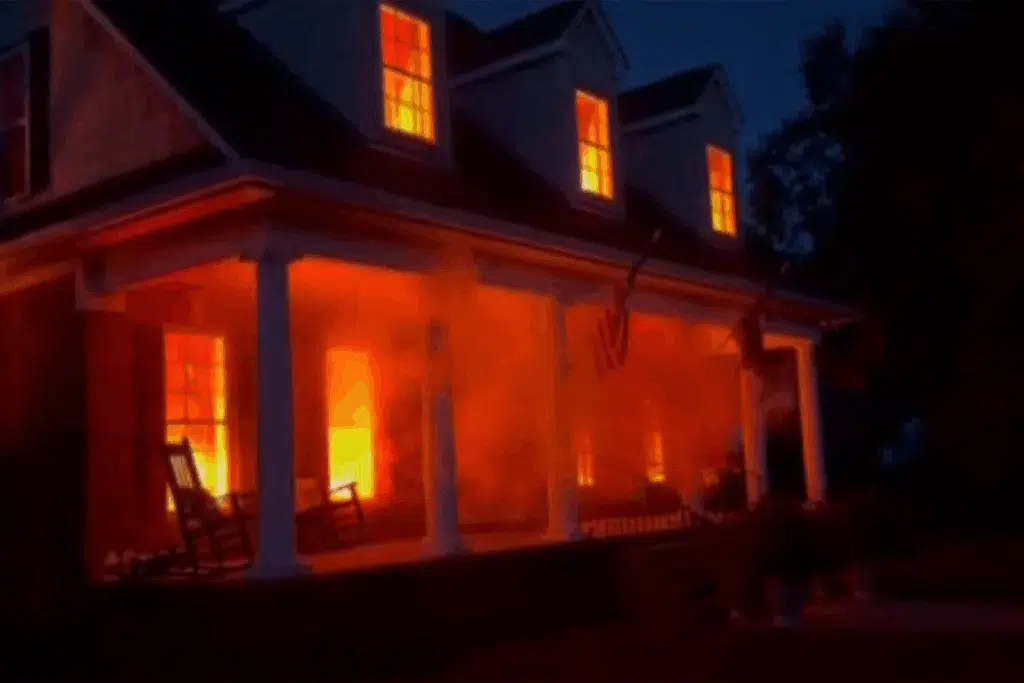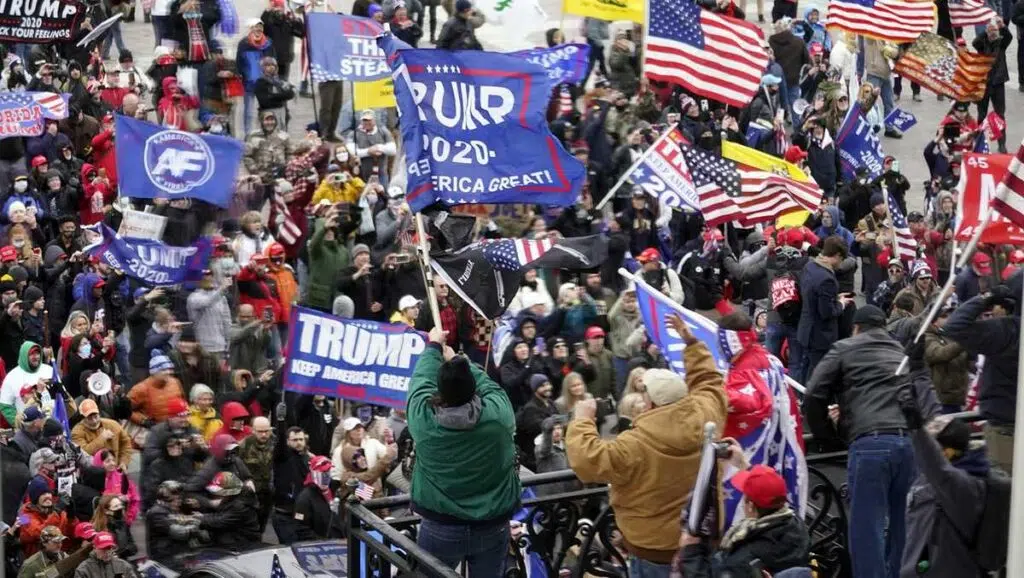
Biden approves $1 billion in grants to combat ‘environmental injustice’ with shade
(The Center Square) – To combat what is referred to as “environmental injustice,” the Biden Administration is giving out $1 billion in grants to put up trees in areas of cities that serve mostly minorities that have been robbed of the environmental benefits of shade due to alleged racism.
The funding is part of a $1.5 billion investment from President Joe Biden’s Inflation Reduction Act focusing on the U.S. Department of Agriculture’s Forest Service Urban and Community Forestry Program.
Advocates of promoting urban tree canopies say the benefits include improving water quality, saving energy, lowering city temperatures, reducing air pollution, enhancing property values and even facilitating social and educational opportunities.
A 2015 academic study reported links between “urban tree canopy” and household income and a 2022 study that involved the USDA Forest Service said that the distribution of trees in cities was linked to “structural racism.”
Some of the cities nationwide receiving grants include:
Toledo, Ohio: $6,098,294.
- Tree Planting and Maintenance
- Workforce Development
Milwaukee, Wisconsin: $12,000,000.
- Tree Planting and Maintenance
- Restoration and Resilience
- Workforce Development
- Planning and Community Engagement
Houston, Texas: $15,000,000.
- Tree Planting and Maintenance
- Restoration and Resilience
- Workforce Development
- Planning and Community Engagement
- Extreme Heat
“Today’s landmark funding from the U.S. Forest Service will increase urban access to nature, improve air quality, keep city streets cool during sweltering summers, tackle the climate crisis, and create safer, healthier communities in every corner of America,” said John Podesta, senior advisor to the president for Clean Energy Innovation and Implementation, in a media release. “That makes a huge difference for the grandmother who doesn’t have air conditioning, or the kid who has asthma, or the parent who works outside for ten hours a day. This investment will create not just greener cities—it will create healthier and more equitable cities.”
“They also enhance community green spaces and support lasting community relationships and engagements. These funds will enable us to bring these benefits to disadvantaged communities across the nation, and to support new partnerships with a diverse array of organizations,” said USDA Undersecretary for Natural Resources and the Environment Dr. Homer Wilkes, in a media release.
The Inflation Reduction Act funding is the “largest climate investment in history,” according to the USDA.



